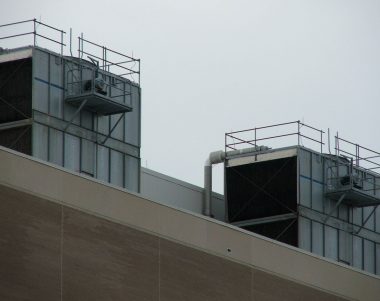Prevention and Control of Legionnaires Disease
Legionella is a naturally occurring bacteria found in soil and water. In low concentrations, it is harmless, but when able to thrive and colonise can become a severe health risk. Colonisation occurs in temperatures between 35-46 degrees C, in the presence of algae and other organic matter.
Legionnaires’ disease (Legionellosis) is a severe form of pneumonia caused by colonisation of the respiratory tract with Legionella bacteria. It is contracted either through the inhalation of water aerosols containing the bacteria or through aspiration (when contaminated water particles are breathed into the lungs while choking during drinking, ingesting or swallowing).
A person infected initially presents with various flu-like symptoms, such as headache, muscle pain and illness before moving through more severe ailments such as high fever, chills, vomiting and nausea, diarrhoea, dry cough, chest pains and difficulty breathing.
Legionnaires’ disease has a mortality rate of around 30%, and at particular risk are those over 50, people with chronic respiratory conditions or chronic lung disease, heavy drinkers and smokers, diabetics, and people with weakened immune systems or other diseases.
The connection between Legionnaires’ disease and cooling towers
Cooling towers make an ideal breeding ground for Legionella bacteria to colonise, and as such are commonly investigated as the source of Legionnaires’ disease outbreaks.
Preventing Legionella outbreaks
Outbreaks are always expected, particularly during the warmer months due to the ideal conditions created in warm water systems. An ageing population and enhanced methods of detection have also been linked to the increase, but unfortunately do little to prevent the infections.
The maintenance and health of a facility’s water systems is the surest method to reduce the risks of Legionella colonisation, and the new measures put in place regarding cooling tower registration, testing and maintenance are expected to make a significant impact in the prevention of outbreaks.
If you’re an engineer, facility manager or owner and are confused by what the new laws mean to you, or if you’re looking for water management specialists to ensure you meet the regulations, click on our About page for information on how we can help.

